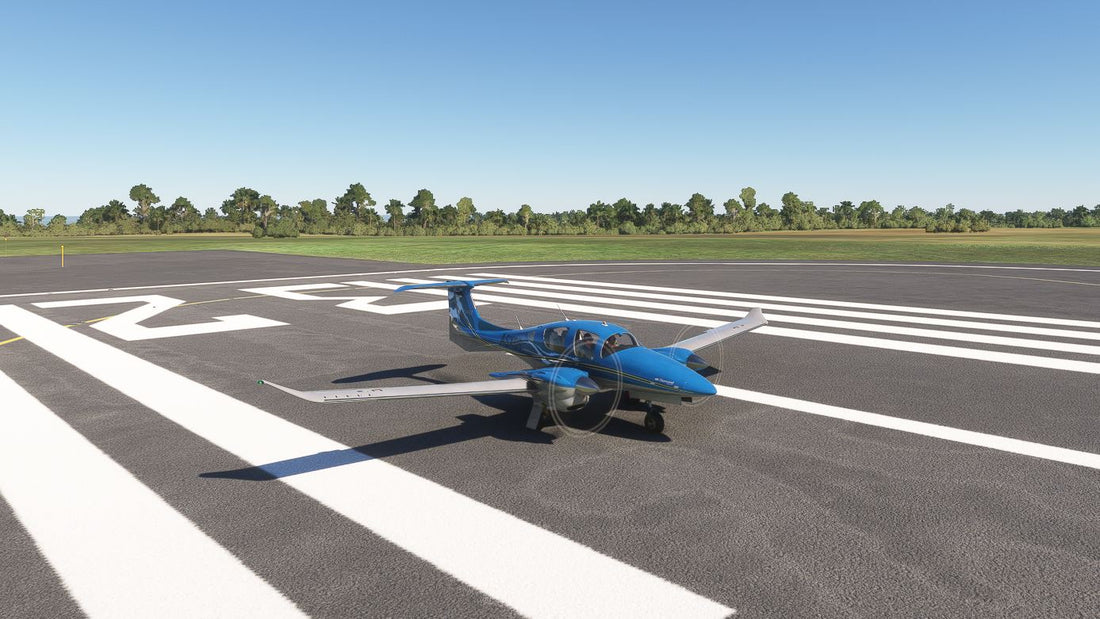
Why every Pilot should have a flight simulator? Safety, preparation, and confidence.
Share
1. Practice your flight before taking off
Before heading out on a real flight, practising your route is always a good idea. Flight simulators let you fly your planned route in advance, so you can get familiar with the airspace, terrain, and any tricky approaches you encounter. This preparation helps reduce stress and makes the real flight go more smoothly.
Using a basic home cockpit setup like this one, you can rehearse every part of your flight, from takeoff to landing. This way, you’re ready for anything, and your flight will be much safer.

2. Prepare for emergencies
Emergencies can happen at any time, and being prepared is key to handling them well. A flight simulator lets you practice different emergency scenarios, like engine failure or sudden bad weather. When you’ve practised these situations in a simulator, you’ll be more confident and able to respond quickly if they happen in real life.3. Improve your awareness and reduce stress in flight
Flying requires you to be aware of everything happening around you—your altitude, speed, heading, and more. By practising in a simulator, you can build better situational awareness. The more you practice using real instruments, the more comfortable you’ll be when it comes time to fly an actual plane.
4. Master Your Landings and Approaches
Landing a plane is one of the most critical parts of any flight. With a simulator, you can practice landing in different conditions—whether it’s windy, rainy, or a short runway. The more you practice, the better you’ll get at controlling your descent, speed, and timing.
5. Train anytime, save money
Flying real planes can be expensive, especially when you need to practice certain manoeuvres or procedures. A flight simulator allows you to train anytime you want, without the cost of renting a plane or paying for fuel. This is especially helpful for student pilots who want to get extra practice outside of their lessons.
Sim Gauges provides affordable, high-quality instruments for your simulator, giving you the tools you need to practice as much as you like. This can save you money on training while still helping you become a better pilot.
Conclusion
Owning a flight simulator is one of the best ways for pilots—whether they’re just starting out or experienced—to improve their skills and safety. From practising your planned routes to preparing for emergencies, a simulator equipped with glass cockpit hardware like those from Sim Gauges will help you become a more confident and capable pilot. Start building your skills today by exploring Sim Gauges range of products here, and take your training to the next level!
For more information and support, check out our BLOG or FAQ pages, or contact our customer service team.
Blue sky!
Sim Gauges Team.

